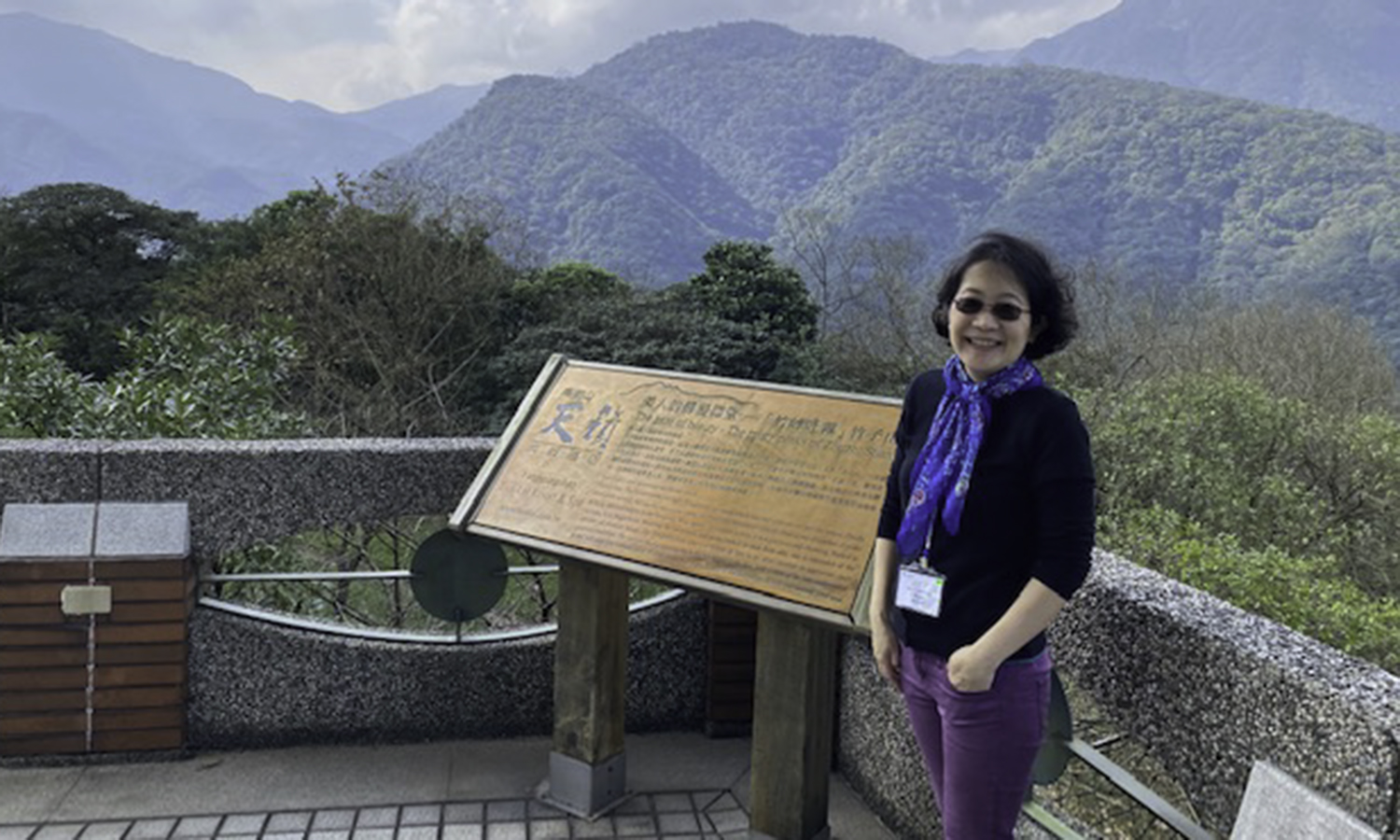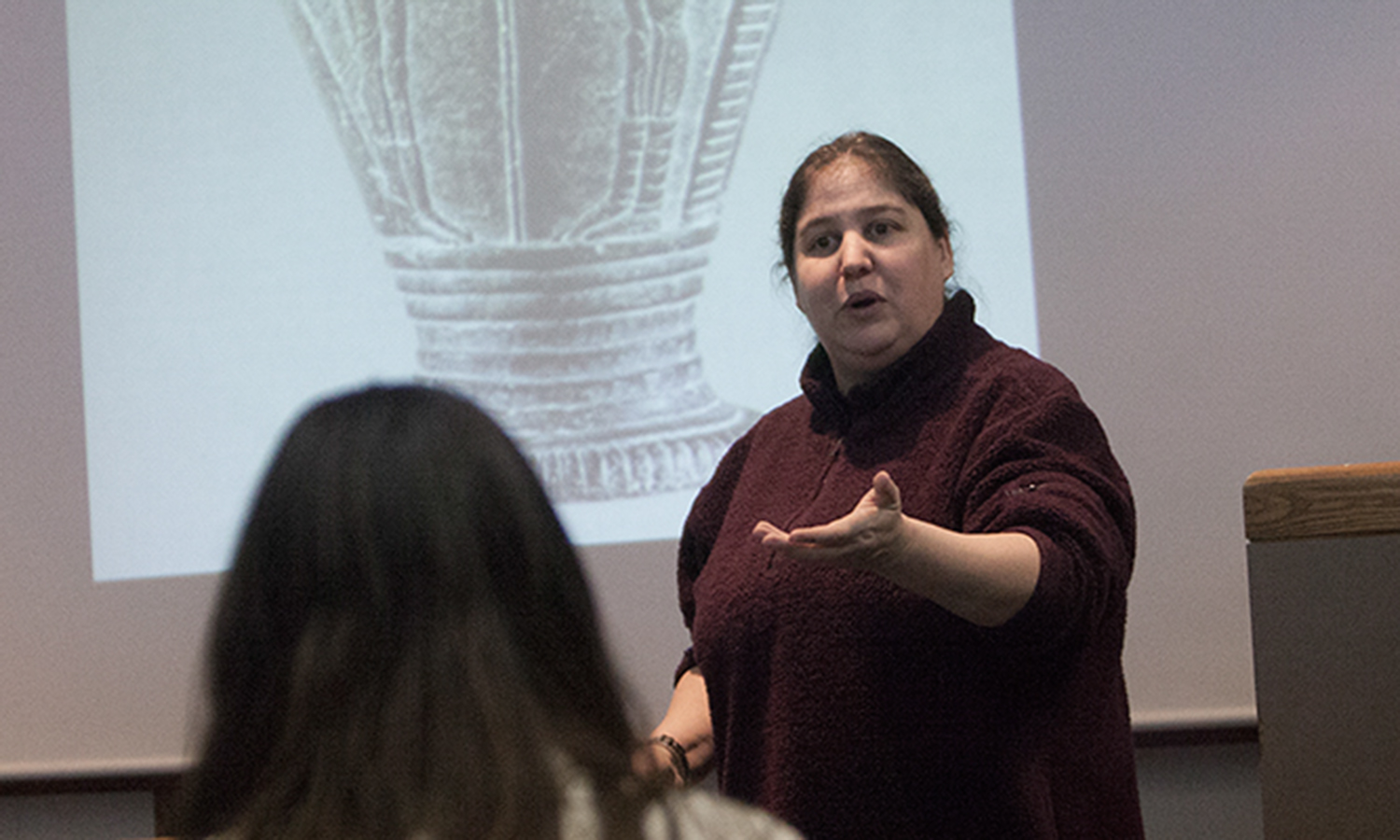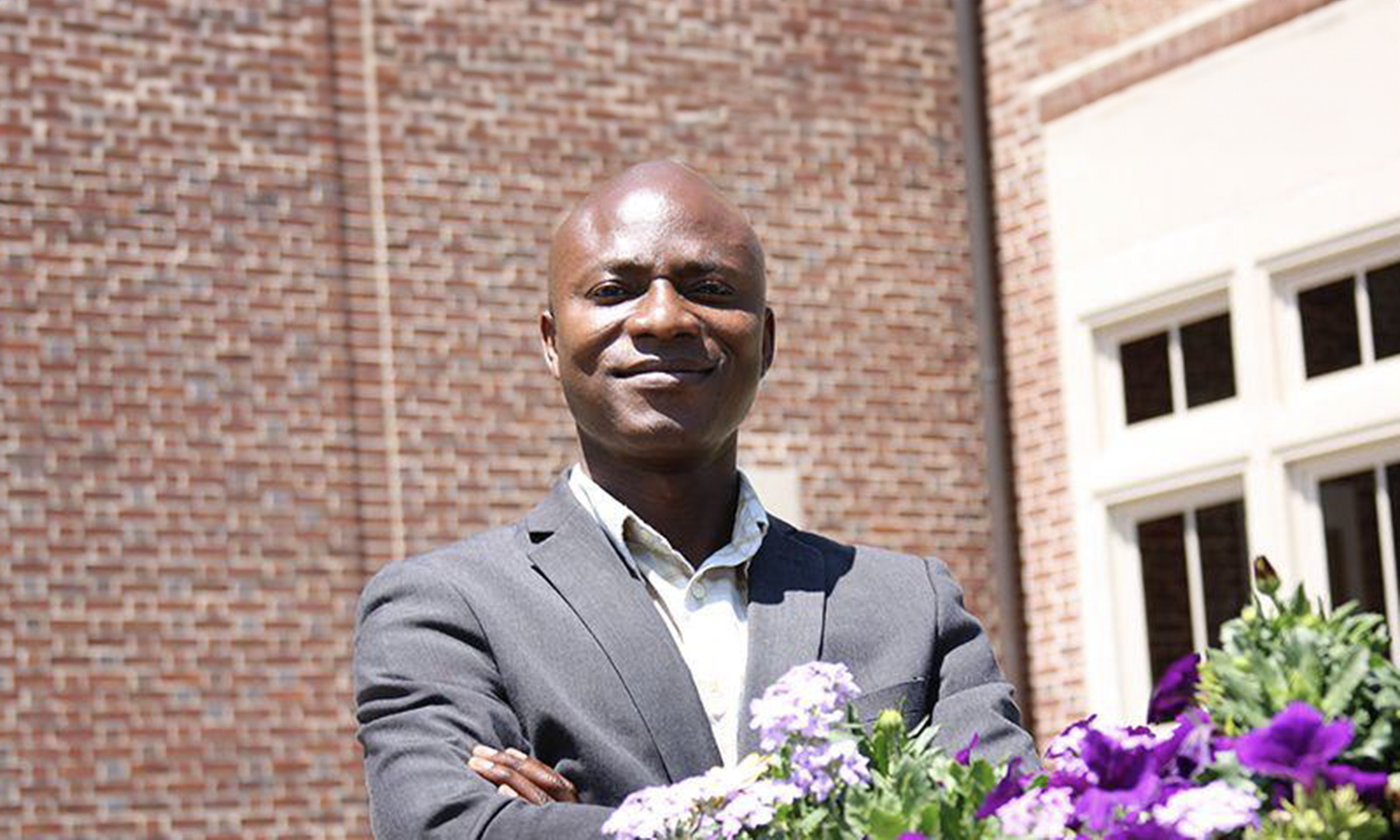
HWS News
28 March 2023 • Faculty Yoshikawa Reflects on Fulbright to Taiwan
Since September, Professor Yoshikawa has been examining the colonial politics of nature as part of her Fulbright Award to Taiwan.
As the recipient of a 2022-23 Fulbright Award to Taiwan, Professor of History and Asian Studies Lisa Yoshikawa has been researching Japan’s colonialism and its legacy, specifically its effect on the relationships between humans, other animal species and the environment. Her host institution, Academia Sinica, is the foremost research institution in Taiwan and one of the top-ranked in all of Asia.
She says, being located in Taipei has been productive in conducting research for her book project, The Empire’s Menagerie: Mapping Animals in Imperial Japan, that examines Japanese scientists’ and their research’s roles in the political consolidation of the empire and their environmental impacts.
“Taiwan is an important research site for my project because the island under Japanese colonial rule (1895-1945) was a center of the empire’s zoological/zoogeographical research due to its unique biomes resulting from two tectonic plates meeting alongside the Kuroshio ocean current,” she explains. “This continental island is hence biodiverse and abounds in endemics, housing corals in the tropical south to alpine forests in its towering mountains. The zoogeography also made Taiwan an ideal point from which to study Micronesia and Southeast Asia as the Japanese empire expanded.”
Since starting her Fulbright in September, Yoshikawa has spent most of her time poring over research on Taiwan by Imperial Japanese scientists stationed on the island, and those on Japan’s southern (quasi) colonies. “This work included reading these sources against their grain to examine the Indigenous peoples’ contributions to the scientific endeavor as well as their place in the island’s greater human to non-human animal relationships, on which I have written two papers,” she says.
In wrapping up her research, Yoshikawa will continue researching and writing on aspects of Japanese colonial Taiwan’s limnology, entomology and coral science, and taking longer-distance excursions from Taipei. “Living here has furthered my knowledge about the complexity of this multi-lingual and multi-cultural island country. Past November’s regional/local elections provided insight into the on-the-ground politics and the country’s deep divisions today as well as its commitment to democracy. Taiwanese relationship with its multiple colonial pasts, and most relevantly for me with the Japanese era, is similarly complicated. Early morning strolls in the neighborhood parks and evening outings to night markets have opened my eyes to Taipei area’s floral and faunal patterns and histories, as well as human daily lives.”
Yoshikawa says she is grateful to Fulbright Taiwan and Academia Sinica for providing her with “all I need to conduct research including its extensive archives and databases.”
More on Yoshikawa can be found here.



